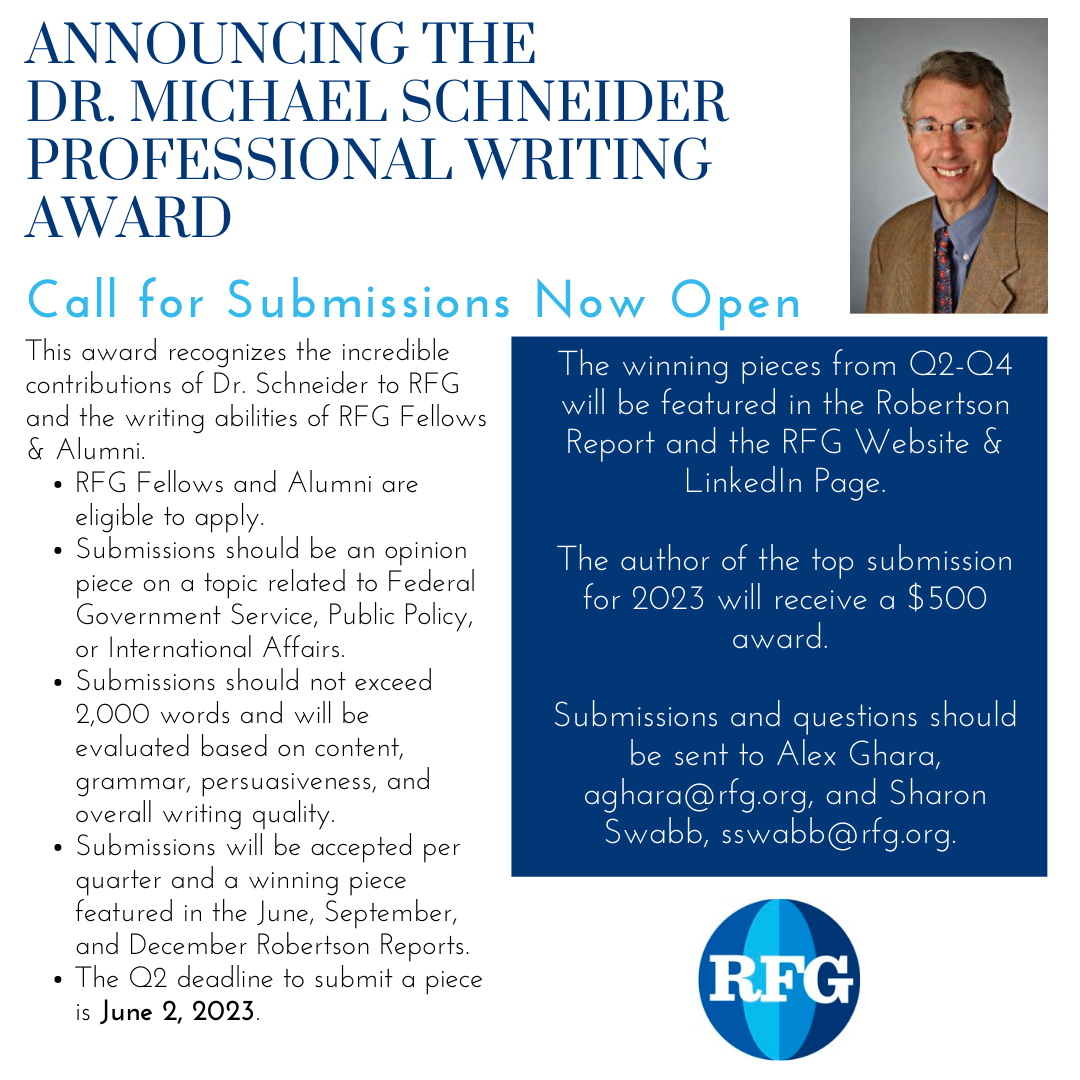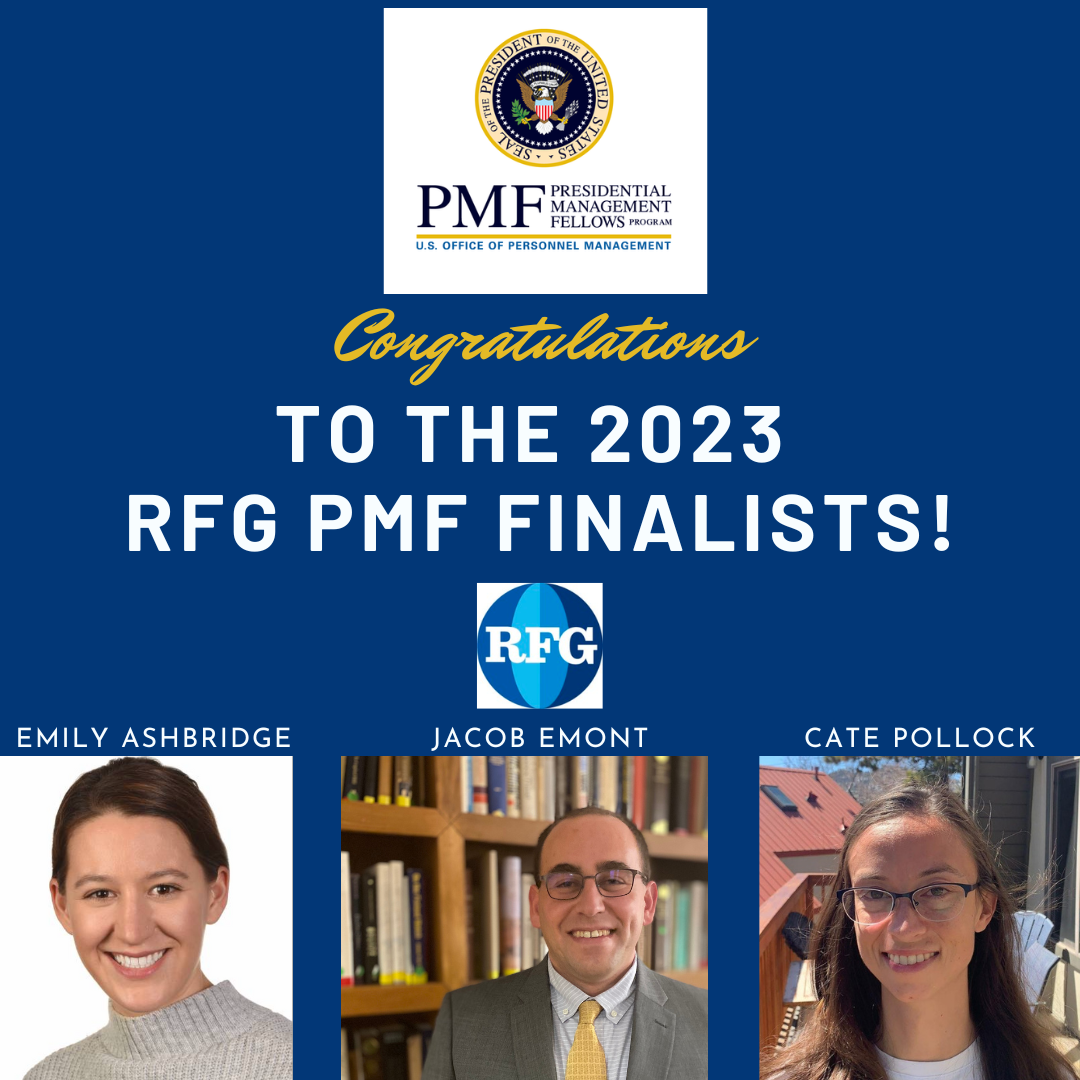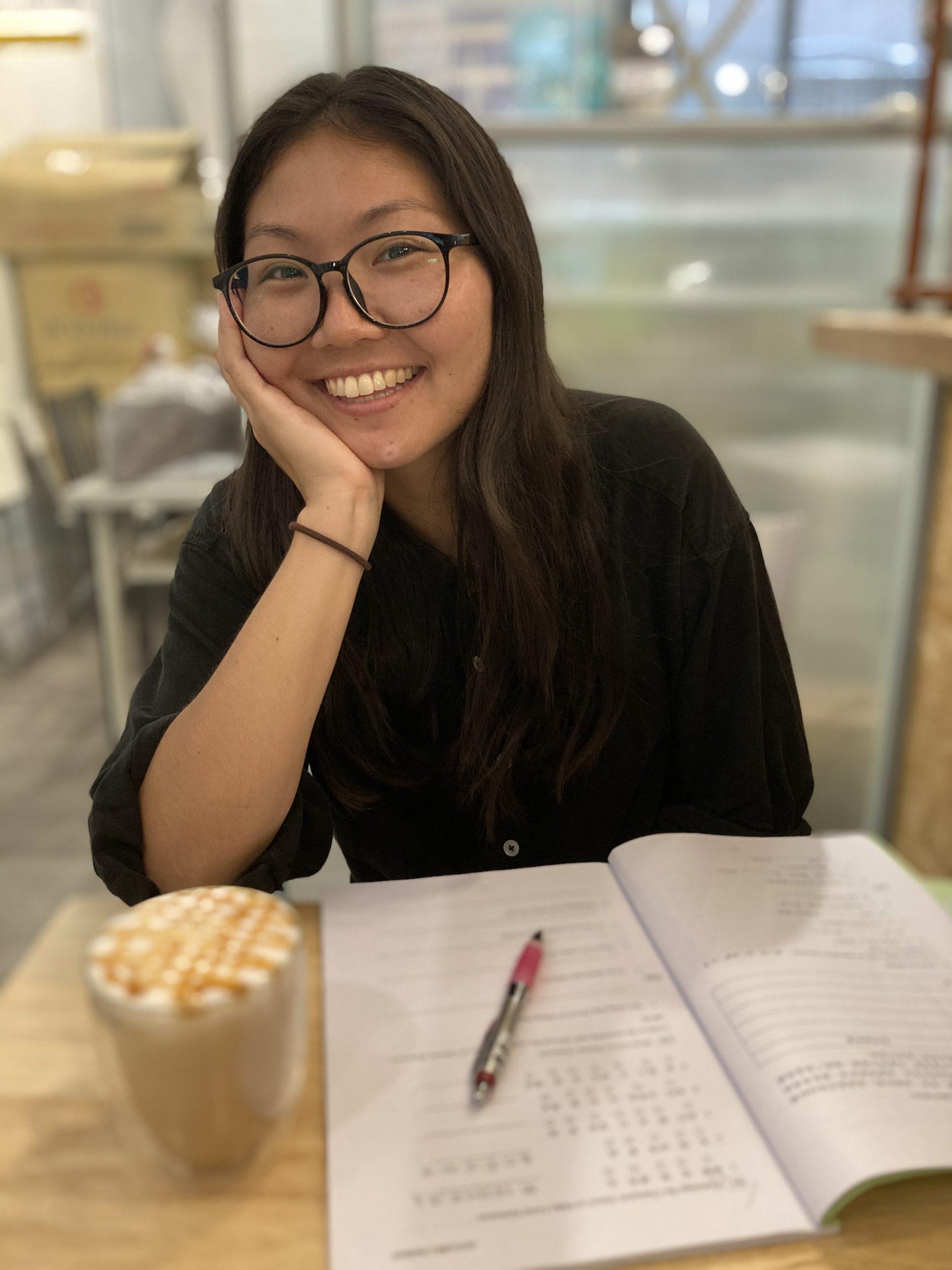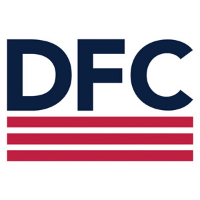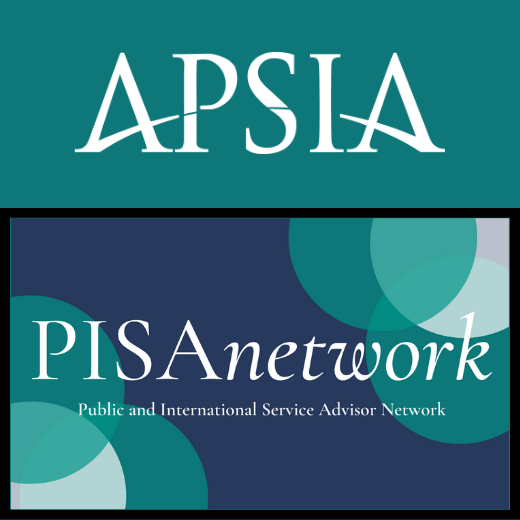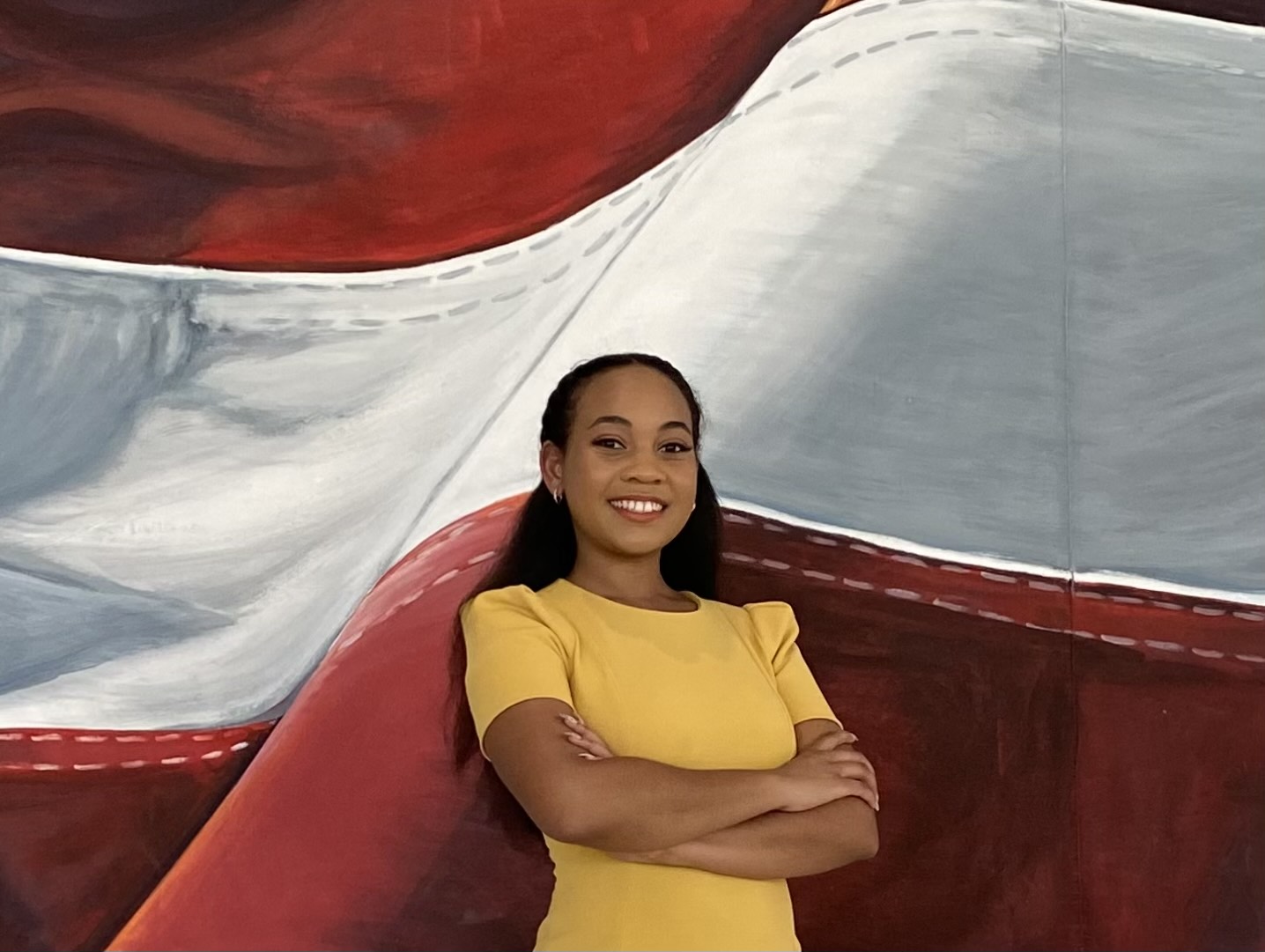
From the Presidential Management Fellows (PMF) Program to the Pathways Recent Graduate and GAO Professional Development Programs, the Federal Government has well established initiatives designed to recruit, train, and integrate recent graduates into the public sector. RFG Alumni have excelled at leveraging these programs to launch their careers in public service, but discovering such opportunities can sometimes be challenging. Robyn Battles (Bush, 2022) is currently in a recent graduate opportunity with the U.S. Air Force Security Assistance Training Squadron (AFSAT). In the following piece, she shares her experience in the program thus far, along with recommendations for future Fellows interested in such pathways into public service.
AFSAT’s Palace Acquire (PAQ) program offers recent graduates a paid, two-three year internship, along with a mentor and a team of professionals dedicated to helping participants achieve their personal and professional goals. After the successful completion of the training program, participants are offered a permanent civil service position. Robyn first learned of this program in 2021 when she was applying for summer internship opportunities between her first and second year of graduate school. She connected with the Air Force Personnel Center (AFPC), who informed her of the program. Given she wasn’t eligible at the time to apply, she made the concrete decision to remain in touch with the office until she graduated. Robyn underscored how important this decision was, stating that finding a point of contact within the organization, either someone in AFPC or another PAQ intern, was crucial to staying up to date on the hiring cycle and potential openings. She shared that she did not see opportunities with the PAQ program advertised on USAJobs or other public forums, so having a contact was essential.
As a participant in the PAQ program, Robyn has the title of Foreign Affairs Specialist. She directly supports AFSAT’s efforts to engage with international partners through the facilitation of training and other services for partner nations with the aim of strengthening the United States’ alliances around the world. As part of the program, she has the chance to work in various AFSAT departments, gaining insight into the different aspects of the organization’s mission and work. When asked what she is enjoying about her current job, Robyn highlighted that she appreciates all of AFSAT’s moving parts, stating, “It is fascinating to see how directives from top leadership translate into action in various departments that eventually affect individuals worldwide.” She comments that one challenging aspect of the job is the “language barrier.” She explains that “working for the DOD and in the international affairs realm means processing lots of shorthand and acronyms to the point where I am seemingly ‘translating’ abbreviated sentences into plain English.” She admits that this is one challenge she anticipates will continue as she progresses in her career in public service. However, she appreciates the fact that she works in an environment where questions are welcomed and her colleagues willingly explain unfamiliar concepts.
Looking back, Robyn reflects that her graduate summer internship with INDOPACOM gave her the practical experience necessary for her current role. As an intern with INDOPACOM, she gained experience working on a military base, observing how civilians and military members interact, and understanding the defense industry. She explains that since AFSAT often works with Combatant Commands, she is now able to understand those partnership efforts better. Robyn also credits her academic training at the Texas A&M Bush School for providing her with the historical background to understand international relationships, the critical thinking skills to think a few steps ahead, and the practice of writing in diverse styles and formats. She recognizes the impact that RFG has had on her professional pursuits, stating that the Foundation “provided both professional and personal support to help me excel academically. From helping me secure an extremely rewarding internship to providing professional development seminars, the network of advocates made a huge difference.” Ultimately, Robyn is grateful for her parents, both of whom are retired Air Force members and who instilled in her the importance of giving back and selfless service. She is pleased to live out that legacy daily in her current position as she contributes to a mission larger than herself.
For those future Fellows interested in the PAQ program, Robyn stresses the importance of making sure your resume highlights your academic record and experiences in the international affairs field and demonstrates how these experiences align with the mission and scope of AFSAT. If invited to interview, Robyn advises candidates to answer each question confidently, authentically, and articulately. She recognizes that the Federal job hunt can be overwhelming and that uncovering pathways into Federal service for recent graduates can be daunting. She encourages Fellows to pursue lots of avenues at once, to consistently keep in contact with potential employers, and to utilize their professional network. Reflecting on her own job hunt, Robyn shares that she would not have her current position with AFSAT if she had not stayed in touch with connections she made over the years. She also would not have this opportunity if she had only applied on one job platform, instead of using multiple platforms to cast a wider net.
Looking ahead, Robyn is excited for the chance to expand her network both within and outside of AFSAT, taking her own advice of building and maintaining robust professional connections. She is also striving to expand her familiarity with new computer programs, databases, and management systems as a Foreign Affairs Specialist with AFSAT. Finally, on a personal note, Robyn aims to establish a reputation for being teachable, curious, and hardworking as she continues in her public service career.
